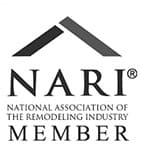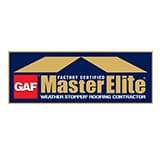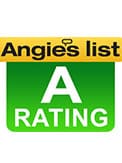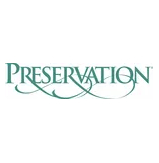If you live in New York (NY) and are thinking about making home upgrades, you might be wondering if any of the costs might be tax deductible. Although every person’s tax position is different, the following general principles should be taken into account:
1. Home improvement vs. repair: When it comes to taxes, it’s crucial to distinguish between home renovations and repairs. Additions to your home that increase its worth include remodeling the kitchen or adding a new room. Contrarily, repairs are fixes that return something to its original state. Repairs are less likely to qualify for a tax deduction than home renovations.
2. Medical necessity: Home modifications made out of need for medical reasons may be eligible for tax deductions. For instance, you might be able to deduct medical expenses if you put in ramps, wider doorways, or adapt toilets to accommodate a disabled or senior family member. However, various guidelines and requirements must be met, thus it is advised to get advice from a tax expert.
3. Energy-efficient improvements: Tax credits or deductions may be available for some energy-efficient home modifications. You can look into incentives for energy-efficient renovations like solar panels, geothermal heat pumps, or energy-efficient windows and doors in New York by looking into the NYSERDA (New York State Energy Research and Development Authority) programs. Through tax advantages, these programs can assist in partially offsetting the costs.
4. Home office deductions: If you utilize a portion of your house only for work, you might be able to claim a deduction for that space. However, some requirements must be met, such as frequent and exclusive use of the facility for commercial purposes. To learn the criteria and possible deductions associated with your home office modifications, speak with a tax expert.
5. Exclusion of capital gains: Understanding the effect of house upgrades on capital gains taxes is crucial, despite the fact that it is not directly tied to deductions. Any rise in your home’s worth brought on by improvements can have an impact on your taxable gain when you sell it. Subject to a few restrictions, the Taxpayer Relief Act of 1997 offers exemptions from capital gains taxes on the sale of a primary property. Keeping track of your home remodeling costs will help you determine your tax obligation on capital gains.
It’s critical to speak with an experienced tax expert or accountant who is knowledgeable of NY tax regulations and can offer tailored guidance based on your specific situation. They can assist you in determining whether certain home renovations are eligible for deductions and may walk you through the required paperwork and filing procedures.














